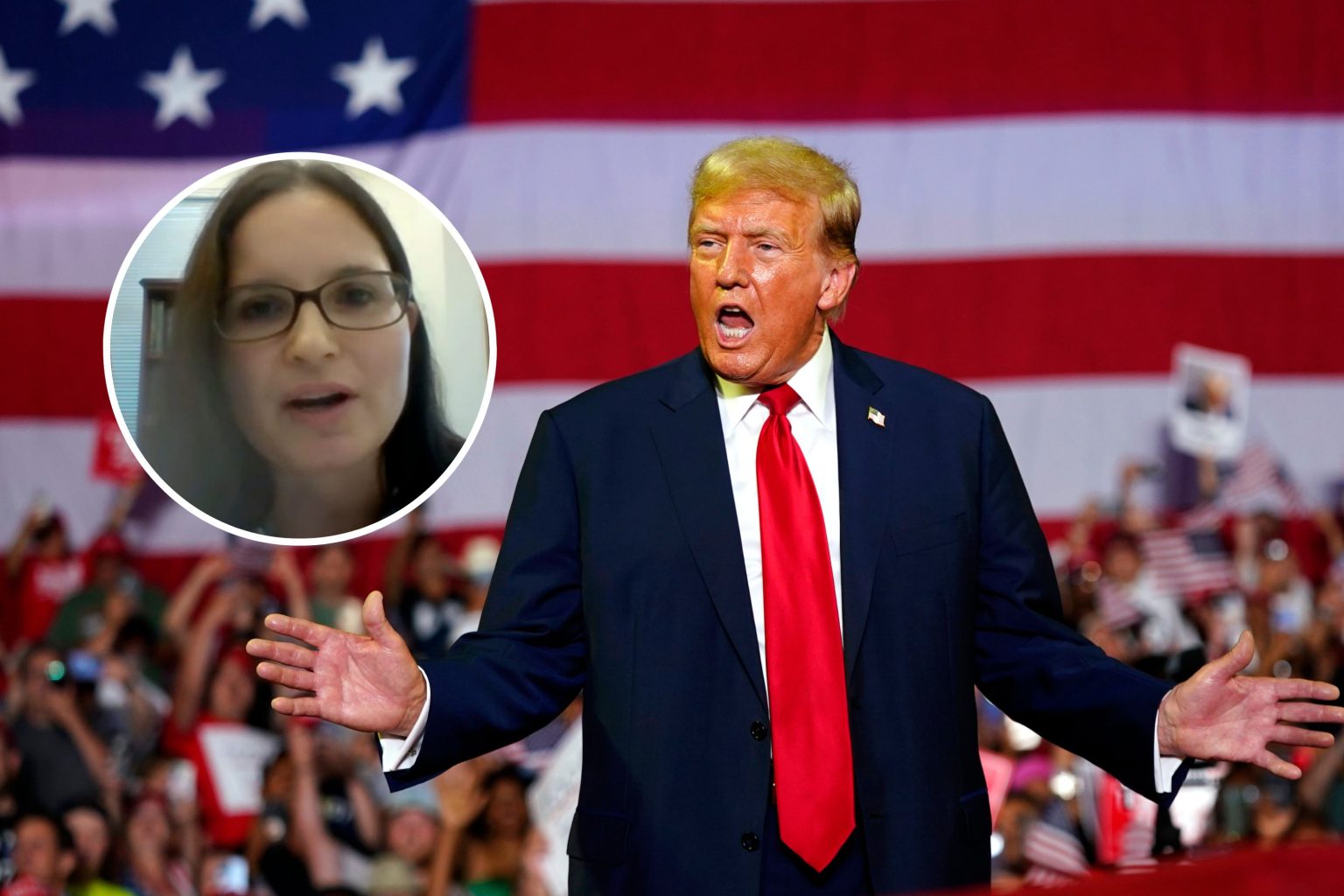Judge Aileen Cannon, presiding over Donald Trump’s classified documents case in the Southern District of Florida, has been accused of favoring theories from Trump’s defense team that lack legal basis. Former U.S. attorney Harry Litman criticized Cannon for delaying rulings on the case, which he sees as straightforward. Trump faces 40 felony counts for allegedly retaining classified documents improperly after leaving the White House and obstructing efforts to return them. He has pleaded not guilty and denies any wrongdoing. Litman suggested that Cannon’s delay in making rulings could complicate efforts to have her removed from the case on appeal.
Litman cited a recent hearing where Cannon entertained Trump’s defense team’s argument that the appointment of special counsel Jack Smith was unconstitutional. Litman described the case as “very open and shut” and believes that under a different judge, Trump might already have faced a conviction. Litman expressed frustration with Cannon’s reluctance to issue rulings, potentially benefiting Trump’s defense. He also noted that even if Cannon were removed from the case, it might be too late to appoint a new judge and hold a trial before the 2024 election.
Trump recently became the first former president in U.S. history to receive a felony conviction, found guilty on 34 counts of falsifying business records. The charges were related to concealing payments made to an adult film star before the 2016 election. Trump has claimed the trial was rigged and is planning to appeal. In addition to the Florida case, Trump faces charges in Georgia and nationwide for allegedly attempting to overturn Joe Biden’s victory in the 2020 election. He maintains his innocence and argues that the charges are politically motivated.
The accusations against Judge Cannon highlight concerns about the handling of Trump’s legal cases and the impact of judicial decisions on the legal process. Litman’s criticism suggests that Cannon’s approach to the case has raised questions about potential bias or favoritism towards Trump’s defense team. The delay in making rulings could have implications for the progression of the case and the timing of a trial, particularly given the upcoming 2024 election.
The complex legal proceedings involving Trump, including multiple charges and allegations of wrongdoing, have raised significant public interest and scrutiny. The outcome of these cases could have far-reaching implications for Trump’s political future and the broader legal landscape. The accusations against Judge Cannon may further fuel debates about the independence and impartiality of the judiciary, especially in high-profile cases involving former presidents and political figures.
As the legal battles continue to unfold, the focus remains on the fairness and transparency of the judicial process, the adherence to legal principles, and the pursuit of justice. The allegations against Judge Cannon underscore the challenges of balancing legal proceedings with political considerations and the need to uphold the rule of law in contentious and high-stakes cases. Trump’s legal troubles are likely to remain a focal point in the public discourse, with potential ramifications for the future of his political career and the broader legal and political landscape in the United States.


